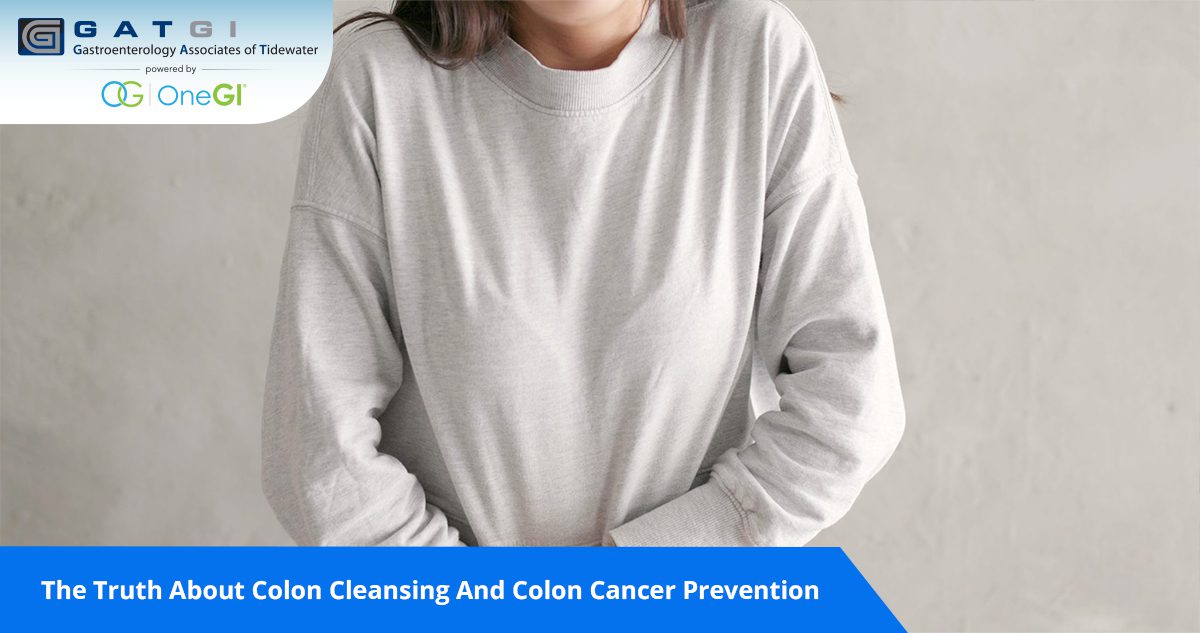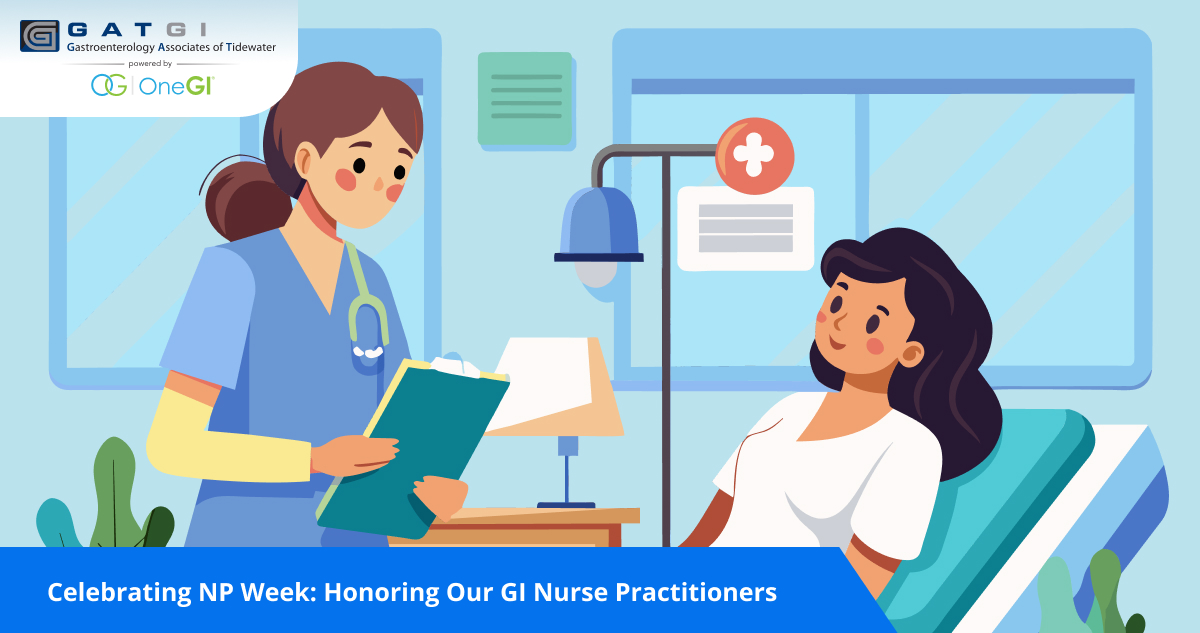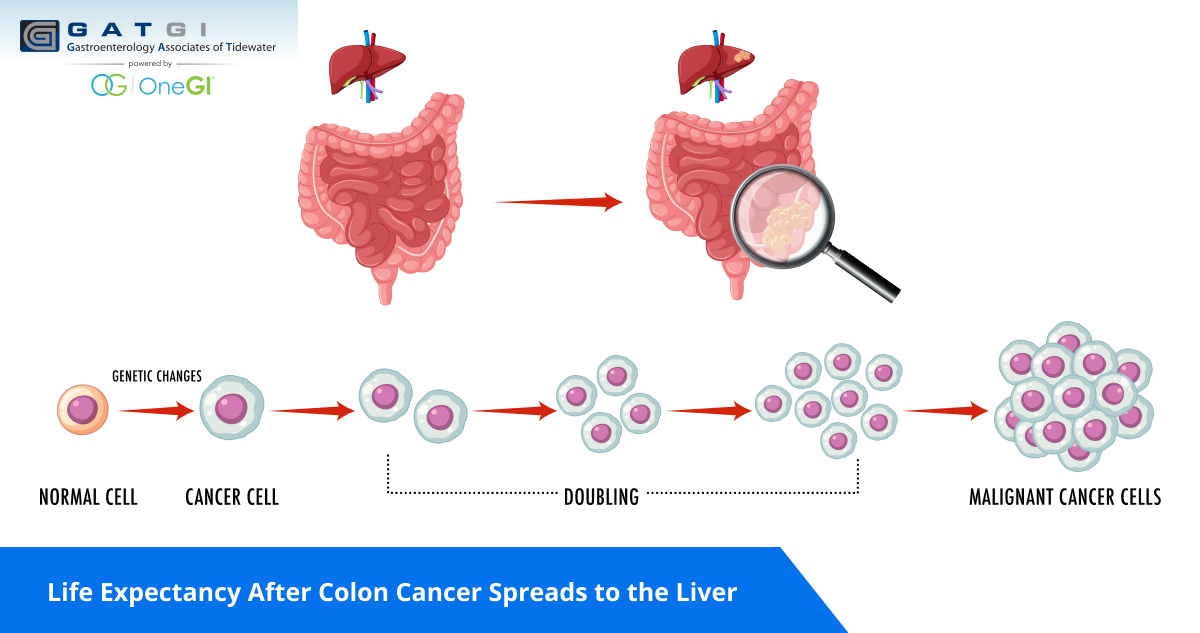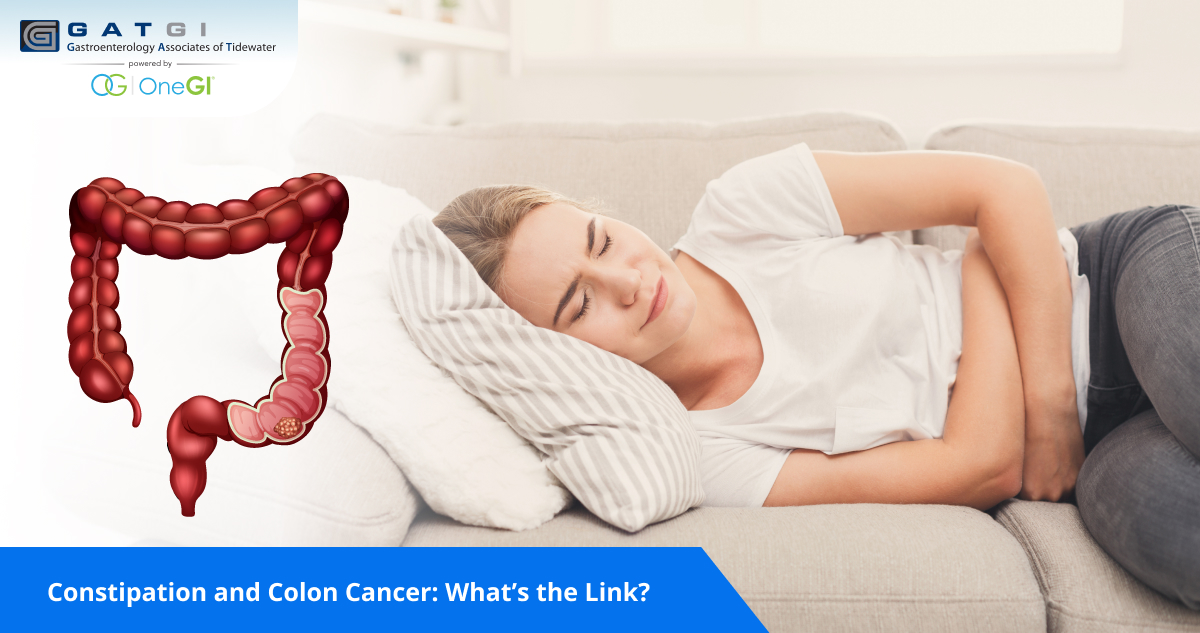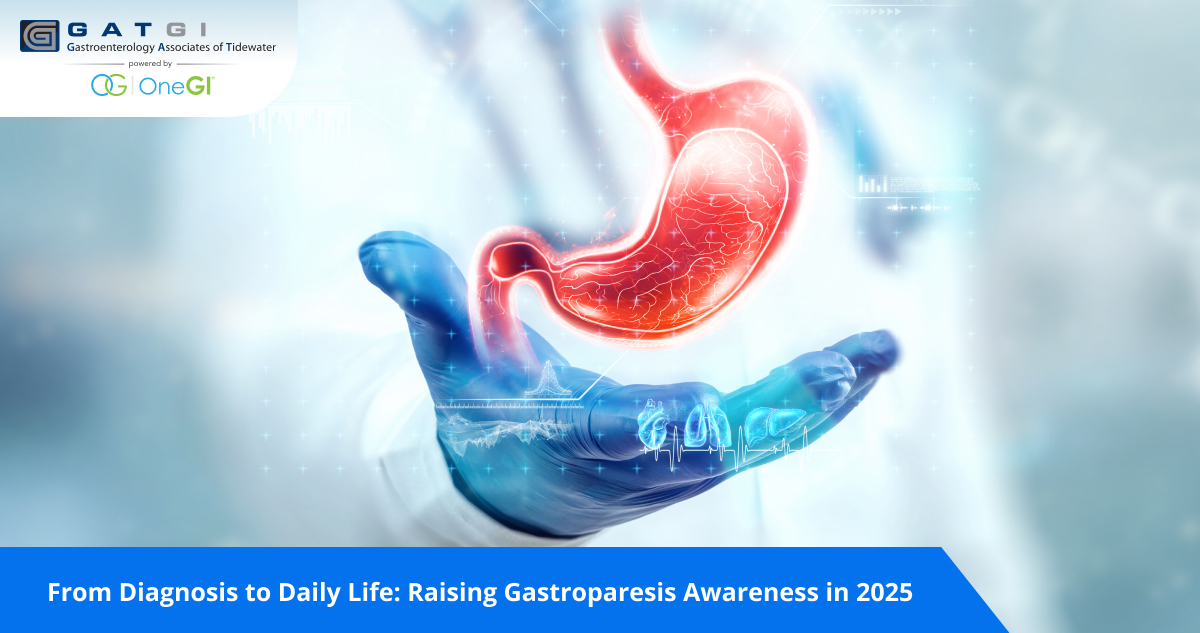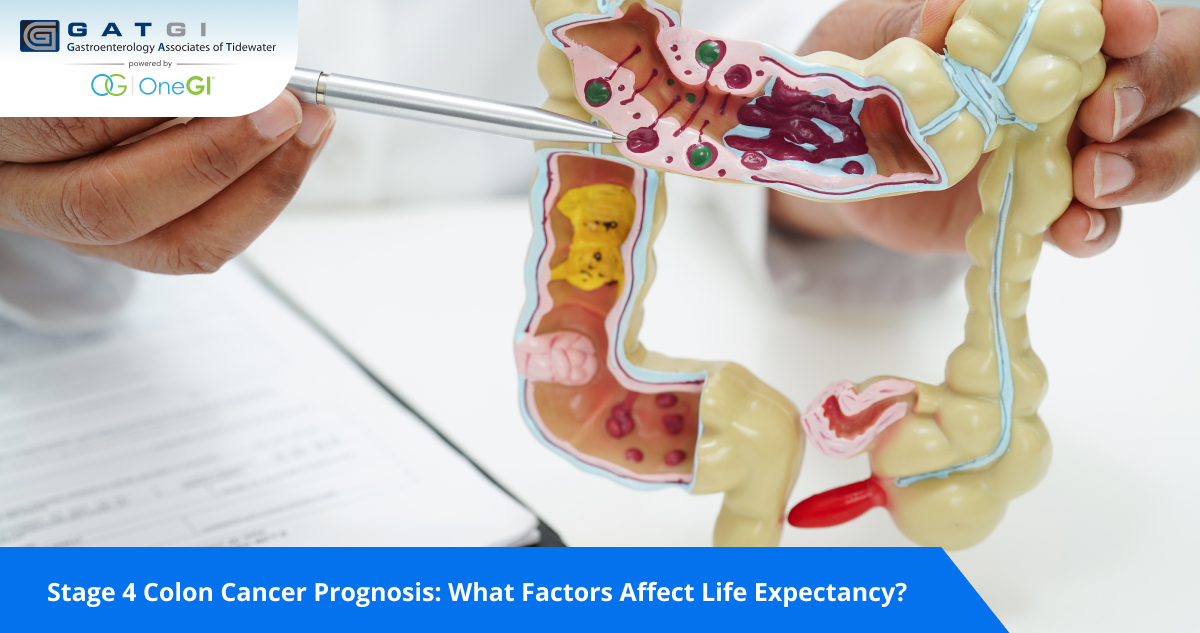Colon cleansing has become a popular wellness trend, often marketed as a way to detoxify the body, boost energy, and even prevent colon cancer. With flashy claims and spa-like treatments, it’s easy to see why people are curious.
But how much of this is backed by science, and how much is myth? Colon health is essential, but separating facts from marketing hype can help you make smarter choices for your well-being. Let’s dive into the truth about colon cleansing, particularly for colon cancer prevention.
What is Colon Cleansing?
Colon cleansing, also known as colonic irrigation or colon hydrotherapy, involves flushing the large intestine with fluids. This process is usually performed by a therapist using specialized equipment that introduces water into the colon through a tube inserted into the rectum. The goal is to wash away waste, toxins, and mucus. Some people also use herbal supplements, teas, or laxatives marketed as “detox” products for a similar effect.
What are the Benefits of Colon Cleansing?
Proponents of colon cleansing believe it provides multiple health benefits, although scientific evidence is limited. Claimed benefits include:
- Removal of waste buildup: Helps clear the bowel of fecal matter that may have accumulated.
- Improved digestion: Some people report reduced bloating, gas, and constipation.
- Boost in energy levels: Supporters believe cleansing helps reduce fatigue by eliminating toxins.
- Enhanced nutrient absorption: By clearing the digestive tract, the body may absorb nutrients more efficiently.
- Mental clarity: Some claim cleansing can improve concentration and mood.
- Kickstart to weight loss: A temporary reduction in bloating or water weight may occur.
- Support for gut balance: Certain cleanses include probiotics to restore gut bacteria.
It’s important to note that most of these benefits are anecdotal, and medical experts caution that the colon naturally cleans itself without external intervention.
Why People Think Colon Cleansing Prevents Cancer
Many people believe colon cleansing prevents colon cancer because it promises to remove “toxins” and waste before they cause harm. This idea feels logical—cleaning the colon should mean fewer risks. However, this theory lacks scientific support.
The Truth: Colon Cleansing Does Not Prevent Colon Cancer
There is no scientific relationship between colon cleansing and colon cancer. The colon is efficient at eliminating waste on its own. Colon cancer risk is influenced by genetics, diet, lifestyle, and screening habits—not by colon irrigation or detox products.
In fact, relying on colon cleansing may give a false sense of security and distract from proven cancer-prevention measures like regular colonoscopies, eating a high-fiber diet, and avoiding smoking.
The Best Ways to Improve Your Colon Health
The best ways to improve your colon health include:
- Eat vegetables, fruits, and whole grains
- Limit red meat, which includes beef, pork, and lamb
- Avoid processed meat such as sausage, deli meat, and hot dogs
- Maintain a healthy weight. Being overweight and obese are risk factors for colon cancer
- Stay physically active
- Stop smoking
- Limit alcohol. The American Cancer Society recommends no more than two drinks a day for men and one drink a day for women
- Schedule a colonoscopy or colon screening by age 45
These steps are essential if you live in one of the three U.S. hot spots with high rates of colorectal cancer deaths. In 2015, a study discovered one such hot spot included the Hampton Roads area of Virginia.
Does Colon Cleansing Have Any Side Effects?
Unfortunately, this procedure can sometimes be harmful and cause side effects that include:
- Cramping
- Bloating
- Nausea
- Vomiting
- Dehydration
- Infection
- Tears in the rectum and bowel
- Electrolyte imbalance in the colon
In addition, there has been no evidence to show that colon cleansing helps prevent colon cancer at all, and it may even increase your risk for developing colon problems. A colon cleanse is not the same as a colonoscopy, and it does not replace the need for a regular colon screening with a medical doctor or physician.
If you’re still interested in getting a colon to cleanse, talk to your healthcare provider first and make sure you are not at risk based on your unique health history. Also, be sure to research the company doing the cleanse.
Check that the practitioner is reputable and safe and that the hygienist only uses disposable equipment and protective gear. Get a list of specific herbal ingredients and amounts in the cleansing products.
Proven Ways to Reduce Colon Cancer Risk
The good news is that colon cancer is often preventable with healthy lifestyle choices and proper screening. Science-backed strategies include:
- Getting regular screenings: Colon cancer screenings can detect and remove precancerous polyps.
- Eating a fiber-rich diet: Whole grains, fruits, and vegetables support bowel health.
- Avoiding processed and red meats: These have been linked to higher cancer risks.
- Maintaining a healthy weight: Excess body fat increases colon cancer risk.
- Exercising regularly: Physical activity keeps the digestive system moving.
- Limiting alcohol and quitting smoking: Both are strong risk factors for colon cancer.
These proven approaches, along with timely gastrointestinal disease treatment have far more impact on colon health than colon cleansing.
FAQ
Is colon cleansing safe?
Colon cleansing may be safe for some, but risks include dehydration, infection, and bowel perforation. It should never replace medical treatment or regular screening.
What are the risks of colon cleansing?
Possible risks include cramping, electrolyte imbalance, infection, and—in rare cases—tears in the bowel wall. Always consult a healthcare provider before trying it.
What actually helps prevent colon cancer?
A healthy diet including foods that help with acid reflux, regular exercise, maintaining a healthy weight, quitting smoking, limiting alcohol, and regular screenings are proven strategies for reducing colon cancer risk.
Do doctors recommend colon cleansing for cancer prevention?
No. Doctors generally do not recommend colon cleansing to prevent cancer because there is no scientific evidence supporting its effectiveness.
Is colon hydrotherapy the same as colon cleansing?
Yes, colon hydrotherapy is a type of colon cleansing that uses water irrigation to flush out the colon. It’s usually performed in a clinical or spa setting.
Can colon cleansing improve gut health?
While some people report temporary relief from constipation or bloating, colon cleansing is not proven to improve long-term gut health. Probiotics and fiber are more reliable.
How often should you get screened for colon cancer?
Most adults should begin colon cancer screening at age 45. Frequency depends on your health and family history, but colonoscopies are usually recommended every 10 years if no issues are found.
What is a Colonoscopy and Why is it Important?
A colonoscopy is the best procedure for detecting pre-cancerous growths or polyps in the colon. Polyps can be removed during the procedure, which may prevent the development of colon cancer.
By the time colon cancer symptoms appear, treatment options are often more limited. Living a healthy lifestyle and early detection through colonoscopy remain the most effective steps in preventing colon cancer and ensuring better long-term outcomes.
Learn More About Colon Cleansing and Colon Cancer Prevention from the Experts! Schedule an Appointment with GATGI Today!
Colon cleansing may seem appealing, but science shows it does not prevent colon cancer. What truly matters are healthy habits and regular screenings—especially colonoscopies. Early detection saves lives.
If you have concerns regarding your digestive health or would like to schedule a colonoscopy, our board-certified physicians at Gastroenterology Associates of Tidewater are available at three locations. Call (757) 547-0798 to make an appointment.
To schedule a colonoscopy, check our Open Access page here. Eligible patients may be screened over the phone before the colonoscopy.

